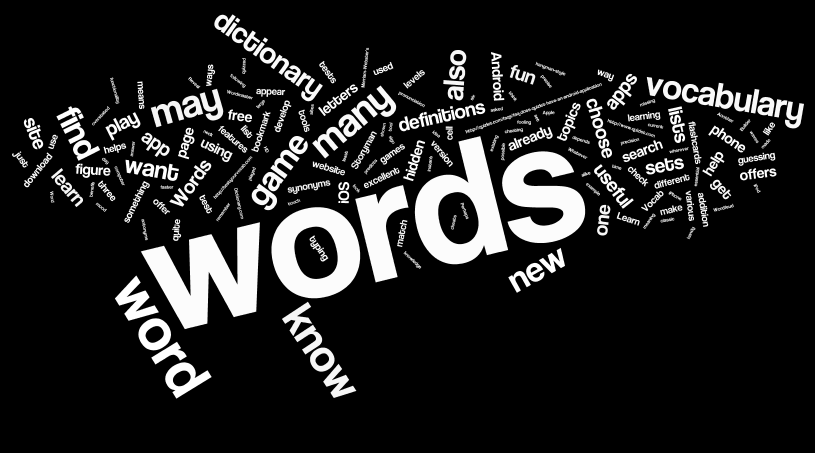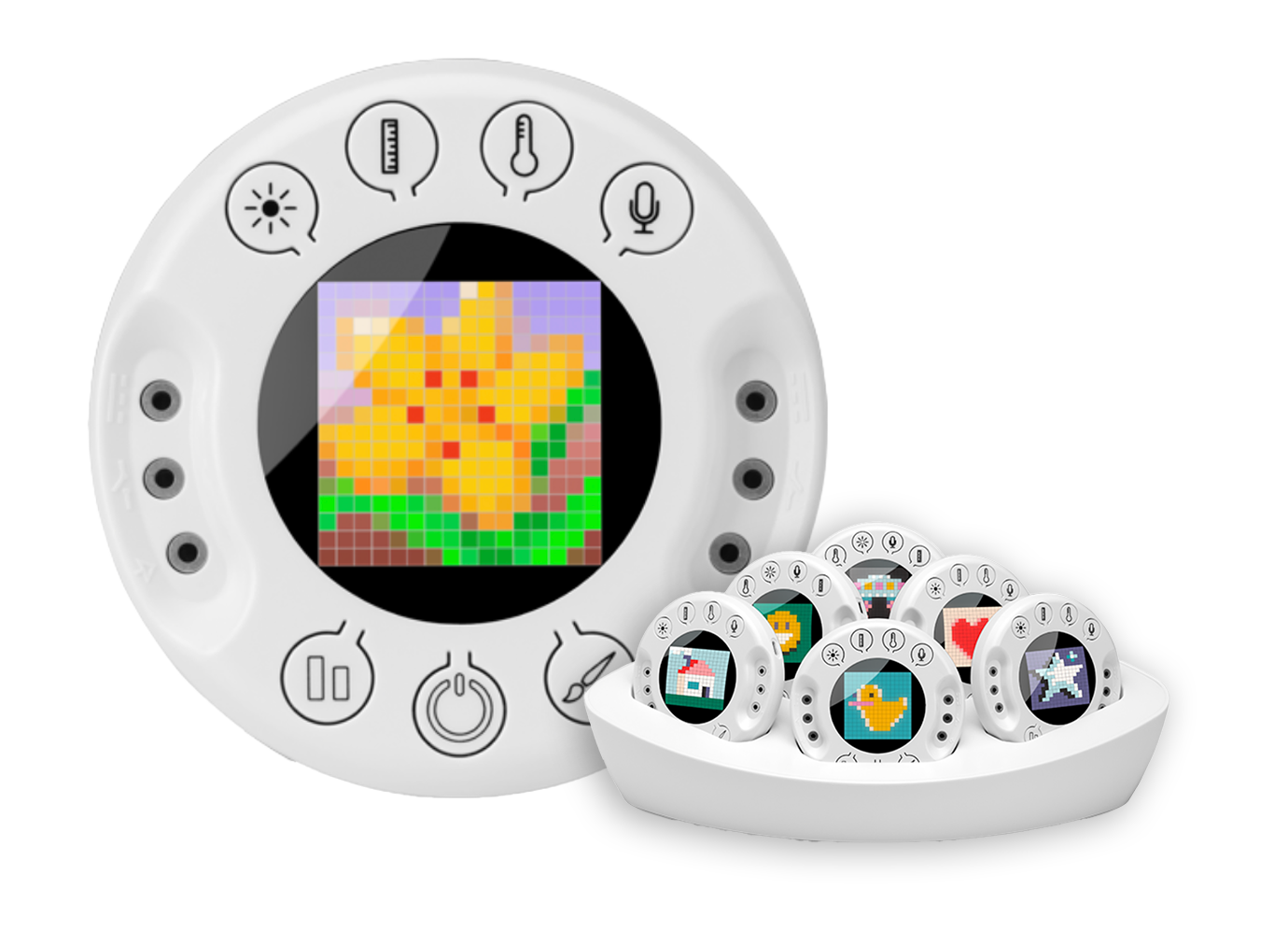Teaching With Word Games Beyond Wordle
Wordle isn’t the only word game that can teach children while also entertaining them.

Wordle’s popularity has led many teachers to incorporate it into the classroom. And as much as we love Wordle and how educators are using it to teach, it’s not the only word game that provides learning opportunities.
The Power of Wordle and Other Word Games
Wordle has been a good reminder for educators about how spelling and playing with words can be fun, says Nell K. Duke, professor of Literacy, Language, and Culture at the University of Michigan.
“Sometimes, people have this feeling that phonics and spelling instruction has to be boring, or people avoid it because they're afraid that children won't like it,” she says. “But well-done phonics and spelling instruction can be highly engaging.”
Instead of, or in addition to, Wordle, Duke recommends incorporating games that have been researched and shown to be effective in teaching children. She’s on the advisory board for PBSkids.org and says that site can be a good place to start. “The PBSkids.org games are developed in consultation with researchers and they are generally well-aligned with things we know about supporting children's development,” she says.
Rather than the term “gamification,” Duke prefers the term “puzzlefication” to describe the way in which she recommends incorporating word games into the classroom. “One thing about Wordle is that you're not competing with other people. It's sort of a personal best kind of thing,” she says. “When you say gamification, for a lot of people the association is one of competition, one of accruing points, etc. And I don't actually think that would be good advice for teachers of young children. We don't want to create situations where some children are winning and some children are losing on a regular basis.”
Other Word Games Beyond Wordle
Esther Keller, M.L.S. Librarian at Marine Park JHS 278 in Brooklyn, created her own customizable version of Wordle on Canva so that she could play more than one game per day with students, and students couldn’t give away the word of the day. (Here is a link to her template for educators who are interested.)
Keller also recommends the app-based game Wordscapes. Her interest in these games goes beyond helping students with spelling, vocabulary, and reasoning. “Mostly, I'm finding these games as a social-emotional [exercise] for the students,” she says. “It's a way for them to collaborate together on a puzzle and be a team.”
Tech & Learning Newsletter
Tools and ideas to transform education. Sign up below.
Spello is a Wordle-inspired game that can be customized with multiple words and is designed to help students learn words their teachers assign for spelling homework. Tom Davies, a software developer in the United Kingdom, designed it. “I am dyslexic myself, and my two boys have also inherited my issues, so the weekly spelling lists from school have always been tricky,” he says. “When we started playing Wordle the boys were very interested and I saw that it could engage them, and had the idea.”
Spello will read words to students and help them learn as they guess. “Unlike other spellings apps we have tried, Spello guides you toward the right answer with hints rather than being a simple black-or-white answer, which is more supportive and less frustrating,” Davies says. “For teachers, Spello allows you to easily create your own lists and then share them with your class via a link.”
Erik Ofgang is a Tech & Learning contributor. A journalist, author and educator, his work has appeared in The New York Times, the Washington Post, the Smithsonian, The Atlantic, and Associated Press. He currently teaches at Western Connecticut State University’s MFA program. While a staff writer at Connecticut Magazine he won a Society of Professional Journalism Award for his education reporting. He is interested in how humans learn and how technology can make that more effective.

